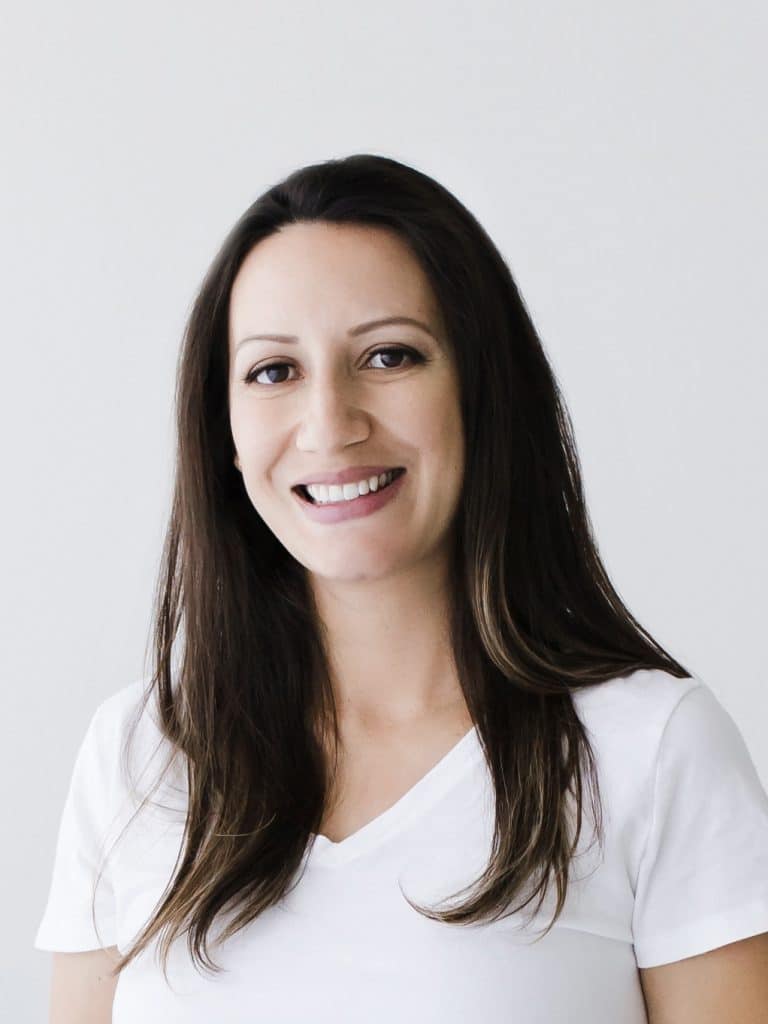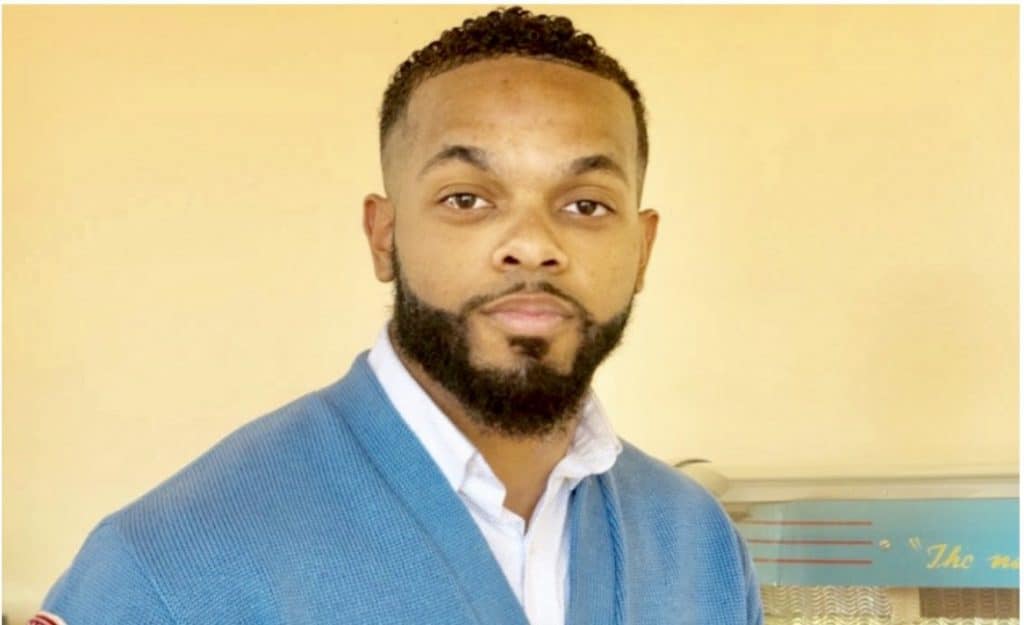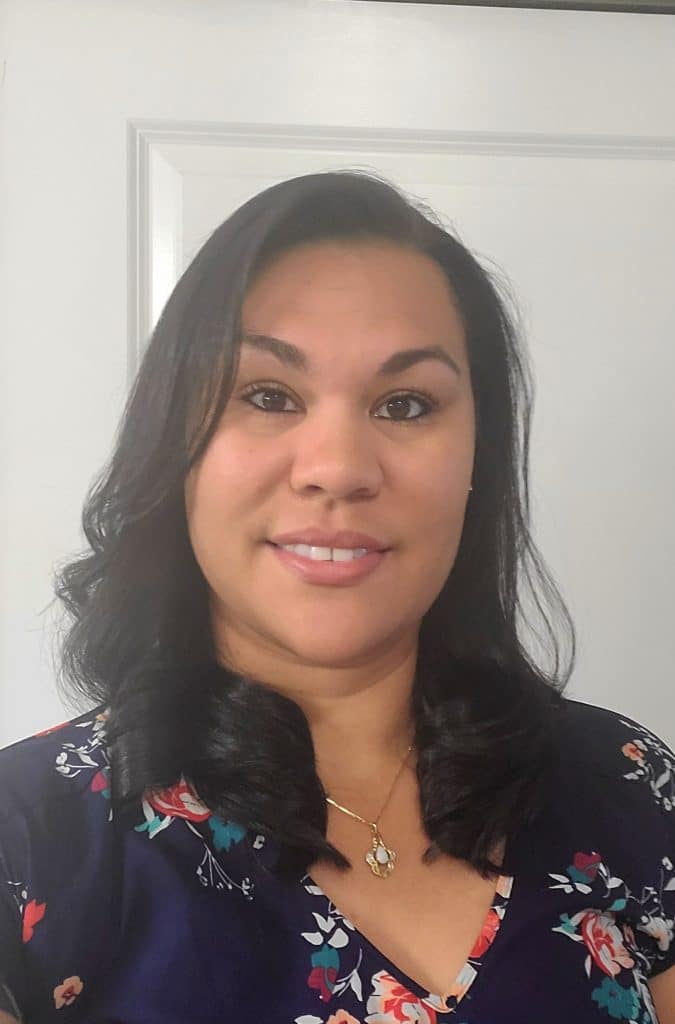For five NAU students, graduating this month is the culmination of an epic educational journey.
Judit Brissette, Christina Horner, Chanelle Jasso, Te’Ron Lindsey and Audrie Reilly became Lumberjacks unexpectedly three years ago. They were students at the Arizona School of Professional Psychology/Argosy University when it shut down almost overnight in 2019. Faced with losing all of their work or relocating to start a new program, they appealed to the former dean, Frederick Wechsler, who then appealed to NAU.

In a matter of months, the clinical psychology doctoral program at the North Valley campus started, even pivoting in its first months because of the COVID-19 pandemic. It started accepting new students later in 2020, and in two years, the program earned accreditation on contingency from the American Psychological Association.
Now the Fantastic Five, as they call themselves, are preparing to walk across the graduation stage and become clinical psychologists in the critically understaffed mental health field.
“No person could ever understand the roller coaster of significant events that took place from the Argosy debacle, except for those who were in it,” Jasso said. “So many relationships were torn apart and strengthened. This event, along with the global pandemic, really showed our resilience, passion, and fortitude for our field of study. We came together and strengthened our relationships as friends, peers, colleagues, mentors, and cheerleaders. I needed that support. They have been there for me every step of the way.”
From Argosy to NAU
When Argosy closed, most of its programs nationwide were purchased by another university and students were able to continue without missing too much. That didn’t happen right away in Phoenix, and students were left scrambling. Jasso said she desperately reached out to other programs and was facing starting over. Brissette applied to 15-20 programs nationwide but discovered fewer than half of her credits would transfer, meaning she’d lose two years of work. It was Reilly who started a petition to start a program at NAU, and Wechsler took the idea to College of Education Dean Ramona Mellott.
Wechsler, who was the founding director of NAU’s program, worked with Mellott to create the program, get ABOR approval, receive Accreditation on Contingency (an accreditation status for new programs that don’t have any graduates or long-term program outcome data yet) and get the first class of 43 former Argosy students enrolled. It’s only grown from there; almost 140 students are enrolled now, and the program will increase to 200 students in upcoming semesters. More faculty are being hired, and Marie-Christine Goodworth took over as chair of the department. This year, 100 students will do practicums of 16-20 hours per week in the field, providing service to underrepresented and underserved individuals.This is a critical part of preparing students to become effective licensed psychologists. It’s an incredible amount of community service that speaks to the value the program is already providing.

“The focus of our program is on developing the competencies associated with an excellent clinical or applied psychologist,” Wechsler said. “The students who are completing their studies have tremendous resilience and are consummate models of well-trained early career psychologists. They have grown tremendously both personally and professionally through the years they have been with us.”
Learn more about NAU’s clinical psychology program.
The NAU experience
Jasso, who spent a summer commuting between Los Angeles and Phoenix, was hugely relieved when she could enroll in NAU’s program at North Valley. Because of how far along in the program she was, she had to quickly learn to navigate a new system. There were growing pains, she said, but the students, faculty and administration worked together to get everyone through it. She was the first to defend her clinical research project (the equivalent of a dissertation).
Horner was grateful to transfer to NAU, though she said being the first did add some extra challenges; they were so new, she said, that sometimes when she called someone for help, no one had the answers. Transferring also presents its own set of challenges no matter the circumstances. Still, she was glad to have the cohort, which supported each other through Argosy’s sudden closure, their internships, financial aid concerns and academic questions.
For Lindsey, the support NAU offered helped to propel him not only to graduation but also to the career plans he has for the future. He said the academic and clinical training he had, motivated by faculty with years in the industry who wanted to ensure the next generation of clinical psychologists could fulfill their potential, will help him achieve his long-term goal of relocating to the U.S. Virgin Islands and opening a practice in lifespan neuropsychology.
“My cohort served as a phenomenal asset to my graduate school career,” he said. “We provided mutual support and encouraged each other to remain resilient and

continue thriving in our clinical careers. From taking graduate courses, completing an internship and successfully attaining renowned postdoctoral sites, we can now walk across the stage of unrelenting tribulations with elegance and style.”
What’s next for the Fantastic Five
They’re all over the place—literally. Lindsey’s going to New York City to complete a two-year postdoctoral residency, after which he will work with patients diagnosed with neurodevelopmental and neurodegenerative disorders. Jasso will begin work with the Phoenix VAHCS clinical psychology residency program in August.
Brissette will complete her internship at a community mental health facility in California that serves refugees and asylum-seekers from all over the world and then has a postdoc position at the same facility; she aims to be licensed in both Arizona and Hawai’i. Horner will complete her postdoc while studying for the licensing exam; after that, she plans to continue working with and advocating for vulnerable populations and partnering with non-profits serving patients dealing with trauma, substance use and homelessness.
Heidi Toth | NAU Communications
(928) 523-8737 | heidi.toth@nau.edu




